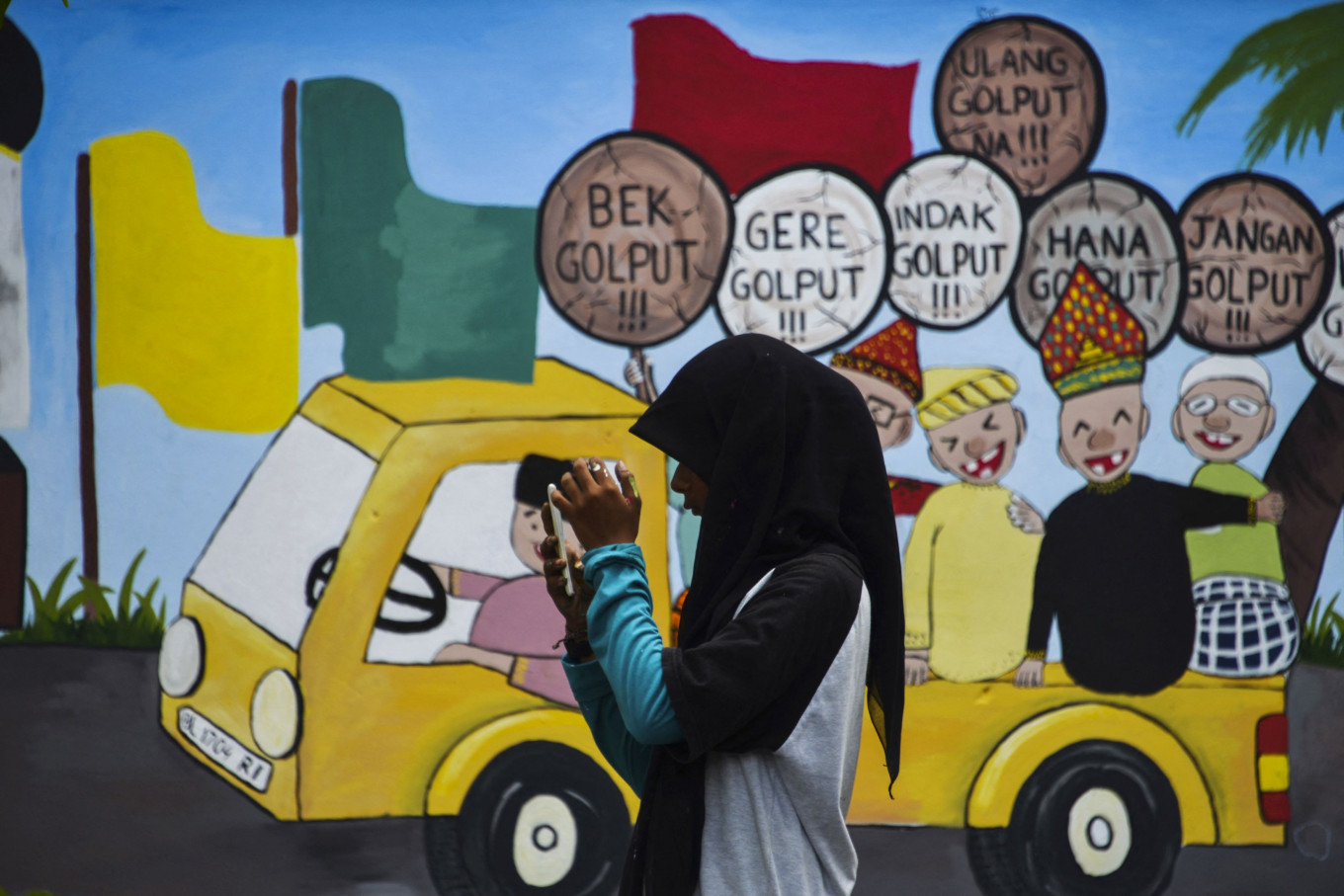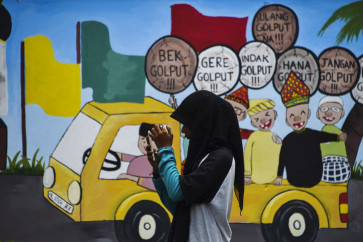Popular Reads
Top Results
Can't find what you're looking for?
View all search resultsPopular Reads
Top Results
Can't find what you're looking for?
View all search resultsFostering digital literacy for young, first-time voters
The rapid rise in artificial intelligence (AI) development could lead to the increased generation of lifelike photos and deep fakes of the candidates in the 2024 elections.
Change text size
Gift Premium Articles
to Anyone

The rapid and unprecedented levels of growth in technology and widening digital connectivity have made technology an inseparable force in most, if not, every aspect of our lives, pushing digital literacy as a crucial life skill to navigate and participate meaningfully in an increasingly vast and complex digital landscape
Additionally, digital literacy is important to participate in today’s digitized civic engagements and empower individuals to make informed political decisions in a democratic society. Digital literacy has become essential to access and remain engaged in these spaces.
Indonesia will enter the election year in 2024, when the presidential and legislative elections take place simultaneously in February and regional elections are slated for November. It is estimated that first-time and young voters (17-39 years old) will make up around 60 percent of the electorate (Centre for Strategic and International Studies Indonesia, 2023).
A study also suggests that 35 percent of those aged below 24 years spend more than six hours each day on social media, and as a result, political parties and electoral candidates are now shifting their focus in appealing to the young generation by bringing online interactions, particularly social media engagement, to a whole new level.
Social media contestation became a primary dynamic in Indonesia’s presidential election in 2019 with the spreading of fake news and misinformation in social media to discredit candidates a common practice (Paterson, 2019; Hui, 2020).
It is anticipated that these behaviors will continue, if not intensify, in the upcoming elections. People lacking adequate digital literacy or a habit of checking the information they receive may be at risk of falling into the false information trap.

The rapid rise in artificial intelligence (AI) development could lead to the increased generation of lifelike photos and deep fakes of the candidates in the 2024 elections. This will cause more misunderstanding and polarization given that AI-generated content can easily deceive people, particularly those unfamiliar with it.


















